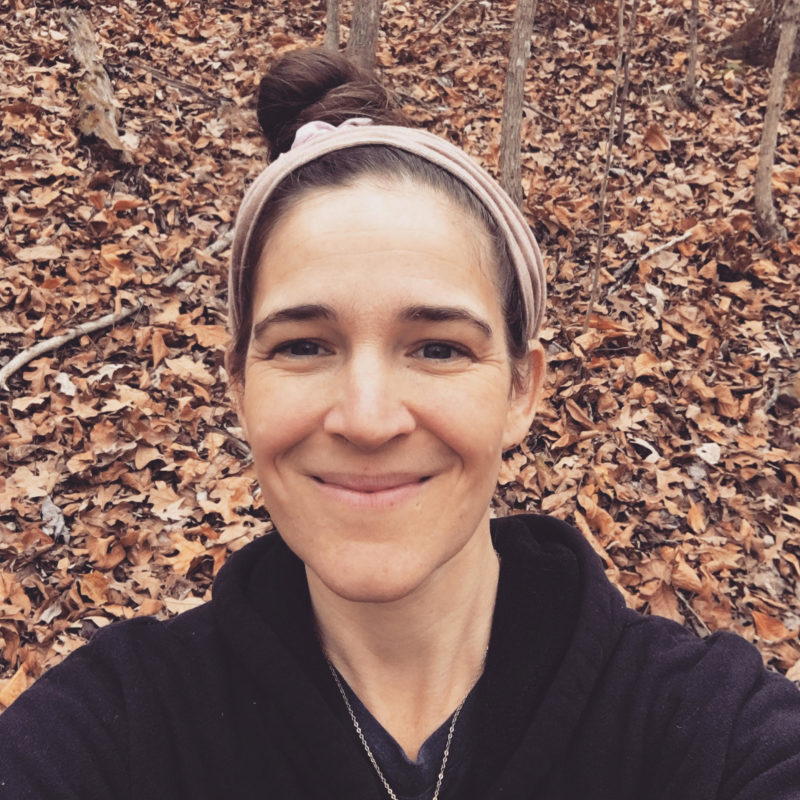Judges Rule Christian Web Designer's Beliefs Do Not Supersede Colorado Law as She Refuses to Promote Gay Marriage
When Colorado baker Jack Phillips was asked to bake a cake for a same-sex wedding, he likely had no idea his polite refusal would snowball into one of the biggest First Amendment cases of the modern era.
Thanks to the Colorado Anti-Discrimination Act, Phillips was subject to a years-long court battle that culminated in a 2018 Supreme Court ruling that fell short of definitively affirming the baker’s right to decline his services to events he disagreed with on a religious basis, yet did rule that the Colorado Human Rights Commission had demonstrated undue hostility when addressing his case.
This left other Colorado business owners concerned that they could also be prosecuted under CADA if they declined to provide their services for same-sex weddings, such as web designer Lorie Smith of 303 Creative.
Smith, with the representation of the Alliance Defending Freedom (ADF), the firm that represented Phillips all the way to the high court, decided to take action and try to get a court to affirm that she indeed had the right to decline to lend her creative talents to celebrations of an institution that she disagreed with.
Like Phillips, who happens to have designed Smith’s wedding cake, according to the ADF, the designer will make her services available to anyone, regardless of their lifestyle choices, when issues of matrimony are not involved.
However, also like Phillips, Smith maintains that marriage is an institution between a man and a woman, and if she is going to use her God-given talents to celebrate a union, she would prefer to do so for traditional marriages only.
In 2016, ADF filed a pre-enforcement challenge to the CADA on Smith’s behalf, which would have forced her to design websites for same-sex weddings or face legal repercussions.
According to ADF, a pre-enforcement challenge is a method that can be used to test a law in court before it even takes effect. It’s a strategy most often associated with liberal groups, like the American Civil Liberties Union and Planned Parenthood.
In 2019, a federal judge ruled that Colorado officials could indeed force Smith to create websites for clients peddling messages she disagrees with.
She appealed in the 10th Circuit Court of Appeals in Denver, which ultimately upheld the previous ruling, determining that CADA’s demands supersede Smith’s First Amendment rights.
In a 2-1 ruling issued July 26, the judges determined that CADA “permissibly compels” Smith’s speech, and that it is a “is a neutral law of general applicability, and that it is not unconstitutionally vague or overbroad.”
In his dissent, however, 10th Circuit Chief Judge Timothy Tymkovich wrote that “this case illustrates exactly why we have a First Amendment” and that the decision was “in a word, unprecedented.”
“Taken to its logical end, the government could regulate the messages communicated by all artists, forcing them to promote messages approved by the government in the name of ‘ensuring access to the commercial marketplace,’” he wrote.
In a statement, ADF Senior Counsel John Bursh agreed, citing not only the Phillips case, but also that of Washington state florist Barronelle Stutzman, who had an appeal rejected by the Supreme Court after she was fined for refusing to provide floral services to celebrate a gay wedding.
“The government should never force creative professionals to promote a message or cause with which they disagree. That is quintessential free speech and artistic freedom,” Bursh said in the statement.
“Colorado cake artist Jack Phillips has been harassed for years; Washington floral artist Barronelle Stutzman stands to lose nearly everything she owns; and now Lorie Smith is being told that she must speak views she opposes and can’t post about her beliefs on her own business website.
“How many more creative professionals will have to suffer before they receive recognition of their constitutionally protected freedoms — the rights they have always had in this country?” he asked.
The ADF has vowed to appeal the decision in the U.S. Supreme Court, which could perhaps be the silver lining here — depending on how the high court treats this case. In the Stutzman case, only three justices — Clarence Thomase, Samuel Alito and Neil Gorsuch were in favor of hearing it, according to The Washington Post. At least four justices must be willing to accept a case before it can be argued.
We are in sore need of a firm decision on the part of the Supreme Court on whether laws such as CADA violate the First Amendment rights of Americans, but the court has so far ruled very narrowly on cases such as Phillips’ or the recent decision regarding foster care agencies that decline to work with same-sex couples.
Until then, Smith has a big, fat target on her back for the same LGBT mob that came for Phillips, who is in the midst of a second legal battle after declining to bake a gender transition cake for a transgender activist, a request that was made of him the day that the news broke that the SCOTUS would take his same-sex wedding case.
Not so many years ago, Christians were denounced as hysterical for being concerned that Obergefell v. Hodges, the 2015 Supreme Court decision that legalized same-sex marriage across the land, would result in legislation that would compel traditional marriage advocates to violate their conscience — yet that is exactly what has happened, isn’t it?
And unless the line is clearly drawn in the sand between gay rights and the First Amendment, and fast, we could be headed for the utter destruction of the latter very soon.
Truth and Accuracy
We are committed to truth and accuracy in all of our journalism. Read our editorial standards.
Advertise with The Western Journal and reach millions of highly engaged readers, while supporting our work. Advertise Today.










